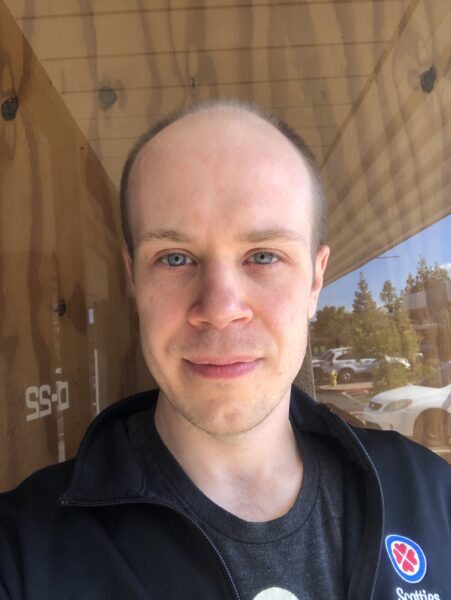CPSH Seminar Series: Cayman Unterborn, Southwest Research Institute
February 21, 2024
February 26, 2024 at 1:00pm CT
Speaker: Cayman Unterborn, Senior Research Scientist, Southwest Research Institute (SwRI)
Host: Caroline Morley
Title: A matter of time: linking observations and models to test the temporal limits of exoplanet habitability
Abstract: The ideal exoplanets to search for life are those within a star’s habitable zone. Even within the habitable zone, however, planets can still develop uninhabitable climate states. Sustaining a temperate climate over geologic (∼gigayear) timescales requires a planet to contain sufficient internal energy to power a planetary-scale carbon cycle. A major component of a rocky planet’s energy budget is the heat produced by the decay of the radioactive isotopes of U, Th and K. As the planet ages and these elements decay, their radiogenic energy source dwindles, slowing mantle degassing and potentially choking the carbon cycle off, potentially leading to a snowball state. Additionally, the rate of mantle degassing directly affects a planet’s ability to regulate atmospheric carbon abundances to the point where if rates are too high, a hothouse climate could emerge.
In this talk I will combine observational data from stars with galactic chemical evolution models to estimate the probability distribution of the amount of these heat-producing elements that enter into rocky exoplanets through Galactic history. I will then show the results of 1-D Monte Carlo thermal evolution models of mantle dynamics, melting and degassing to create pessimistic estimates of the lifetime a rocky, stagnant-lid exoplanet can support a global carbon cycle. These model results will show that estimating a host-star’s, and thus its planet’s, ages is a critical and underutilized piece of evidence in estimating a planet’s likely habitability today, when we observe it. Applying this framework to a sample of 17 likely rocky exoplanets with measured ages, I will show that few are likely to be actively degassing today, including those orbiting TRAPPIST-1, without the aid of tidal heating or their actively undergoing plate tectonics.
I will also outline the mission of the new NASA ICAR Tracing Rocky Exoplanet Compositions (TREC) team based at ASU and SwRI.
Biography: Dr. Cayman Unterborn is currently a senior research scientist at the Southwest Research Institute (SwRI) and is based at Arizona State University. He is the Deputy-PI of the NASA ICAR Tracing Rocky Exoplanet Compositions (TREC) team. He received his Ph.D in 2016 in Geologic Sciences and B.S. in astronomy and physics in 2008 from the Ohio State University.

